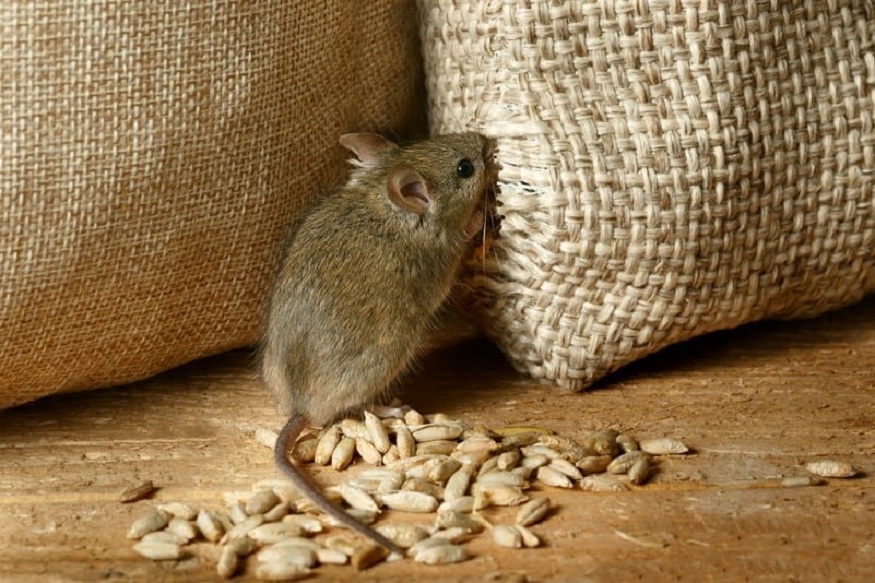Like everywhere else, Columbian homes are frequently surrounded by rodents like mice and rats. You will never like their presence and they will never stop showing up. Rats are thought to be the most damaging pests to livestock and agriculture production in the world. Because they can survive and grow in a range of settings and produce vast numbers of progeny, these organisms provide a persistent threat, especially in areas where agriculture is the main economic activity.
Understanding the amount of damage these pests cause and how to reduce it is crucial for achieving sustainable agriculture. In the event of a rat infestation, Columbia Exterminator Services could prove helpful.
The quality, quantity, and yields of produce, as well as the health and welfare of the animals, are all negatively impacted by rat infestation, which has a huge financial impact on agriculture. To make matters worse for human health and food security, rodents are also carriers of numerous diseases.
What Effects do Rodents Have on Livestock?
Not only may they cause damage, but they can also spread a number of diseases. Let’s take a closer look at this:
1. Various diseases are spread by rodents:
Potential disease carriers, rodents can spread illnesses including leptospirosis, salmonellosis, and plague that affect livestock performance. An important setback in livestock production is that the diseases are easily spread from one animal to another, causing them to become ill or even die.
2. Able to contaminate water and feed:
It is well known that rodents will invade animal landowners in search of food and water for these two need. They contaminate animal feed with their excrement, which leads to the spread of illnesses and poor nutrition, ultimately hurting the animals’ well-being and productivity.
3. They harm farms’ structural integrity:
Maintaining structural integrity of The farm’s wiring, water pipes, and storage buildings are among the various structures that rodents scratch. Not only does this result in significant damage that would be expensive to fix, but it also jeopardizes the livestock’s safety and well-being.
What Role Do Rodents Play in Crop Damage?
If not dealt with quickly, rats have the potential to wreak immense destruction. You might not even realise it in the beginning and by the time you start taking action, it might be too late. Some of the harm these little animals can cause is covered below.
1. Direct Ingestion and Damage Inflicted:
For instance, rats and mice consume much larger amounts of crops as food, which results in low productivity. They eat seeds, grains, fruits, and vegetables, but they particularly eat grains and fruits while they are stored and when they are harvested.
Additionally, they are known to have a tendency to nibble on stems and roots, which will undoubtedly destroy plants before they are old enough to reach a reproductive age.
2. Post-Harvest Losses:
The majority of rats’ negative effects on agriculture become apparent after the harvest is over. They infiltrate foods that have been stored, mainly grains, and contaminate the rest with their urine and droppings, rendering it unfit for human consumption or market sale.
3. Economic Losses from Rodents:
Farmer revenue loss, higher pest removal costs, and the loss of locally grown produce are just a few of the financial ramifications of rat damage to crops.
Rats’ Impact on Food Security: In nations that practice subsistence farming, where most households depend on the storage of produce, rats have disastrous consequences. Whole food stores may be destroyed, leaving local communities vulnerable to famines.
Wrapping Up!
In one way or another, rodents have an impact on agriculture, affecting both crops and cattle. To lessen the impact that these animals have on agriculture’s ability to produce, emphasis must also be paid to rodent control strategies, improved store buildings, and illnesses in general. This can be handled by pest control services.

